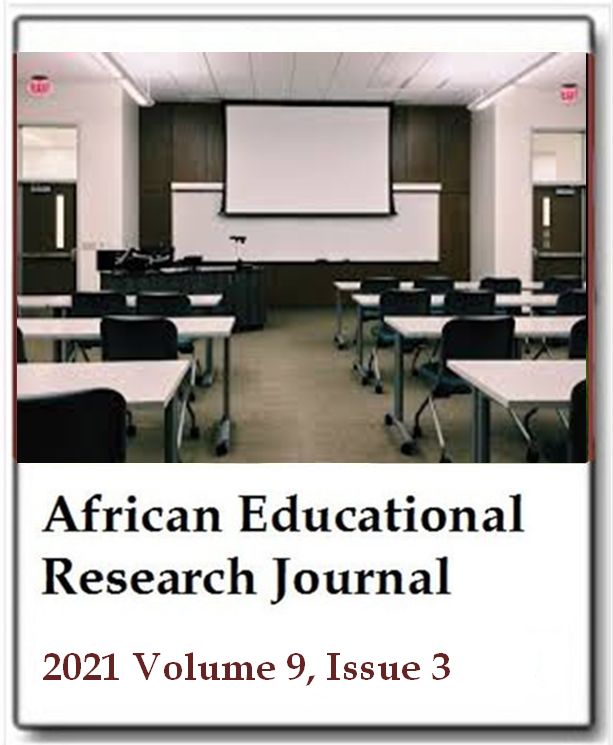Online learning perception among college students during COVID-19 pandemic around the world: Review
Christine OumaAfrican Educational Research Journal
Published: September 13 2021
Volume 790-799
DOI: https://doi.org/10.30918/AERJ.93.21.120
Abstract
The author conducted a systematic review of the perception of online learning among college students during the COVID-19 pandemic. The review included 21 studies from institutions in Asia (Saudi Arabia, United Arab Emirates, Pakistan, India, Sri Lanka, Nepal, Indonesia, and The Philippines), Europe (Romania and Poland), Africa (Ghana and Algeria), and South America (Chile). The results indicated that students from Asia and Africa overwhelmingly had an unfavorable view of online learning during the pandemic. More than 75% of students in Nepal, India, Indonesia, Pakistan, Algeria, and Ghana used mobile phones to access course material which brought challenges, such as the high cost of data bundles, unreliable network, and lack of adequate cellphone space to download the materials needed for class. Other than Poland, Romania, and United Arab Emirates, students from the rest of the countries reported unreliable internet access. Additional challenges reported include lack of prior experience with online learning, technical difficulties accessing materials online, high volume of assignments, poor communication between learners and educators, distractions from home environment, and lack of practical and clinical experience for students in medical schools. The findings from this systematic review could help administrators of higher education institutions acknowledge the online learning difficulties experienced by college students and prepare for future disruptions.
Keywords: Online learning, COVID-19 pandemic, college students, student perception.
Full Text PDFThis article is published under the terms of the Creative Commons Attribution License 4.0

